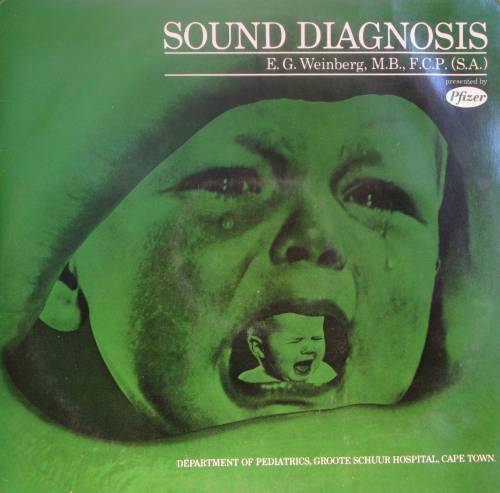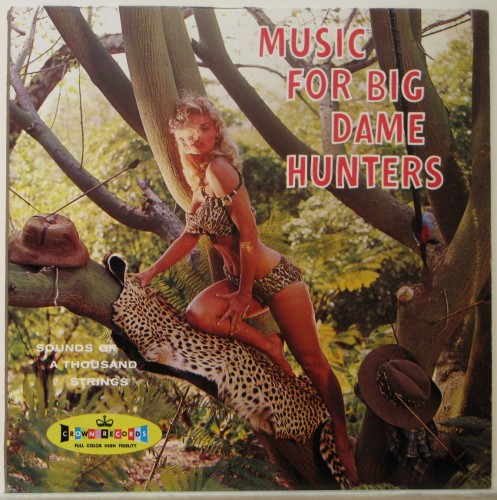Those of us old enough to remember that being obsessed with music used to mean hefting stacks of LP-filled milk crates from high school bedrooms to college dorms also have strong memories of flipping through endless stacks of musty cardboard LP sleeves in record stores. We weren’t just looking for particular music, but discovering, constantly discovering, through accident and association, the ever-branching web of vectors between artists and genres. But more than that, we were having an aesthetic experience, happily drowning in the LP cover art that became indelibly associated with the sounds we were exploring.

Today’s online music stores do their best to reproduce that spirit of discovery. Databases and their associative algorithms are able to emulate some of the connective cartilage – and even to strengthen it – but they don’t come close to duplicating the visceral experience of suddenly finding yourself staring at the absolutely unexpected, the cover art that came out of nowhere and clobbered you upside the head with some kind of jaw-dropping amazingness – amazing beauty, amazing camp, sexy stuff your 13-year-old brain wasn’t quite ready for, graphical styles you had never seen the likes of, stuff that crossed the lines of social acceptability, etc. And then there was the stuff that was just so banal it was painful — in a good way.

Thankfully, some of that cover art is being diligently digitized and archived for generations of kids that may never have the experience we did. Utne Reader:
Matthew Glass has been collecting records for the better part of four decades. In a his Manhattan living space he has a “record room” where 10,000 records live. Framed records are his wall art. For years he sold records at the flea market on 24th Street. There are times in his life when he was frequently bringing records home by the box. None of this would surprise you if you were to spend a single short second on LP Cover Lover, the website where he posts strange record covers in daily batches. He’s got a camera on a tripod in his record room and he is forever pulling records, photographing them, and posting them to his site, which boasts a comprehensive collection of “the world’s greatest LP album covers.â€
Everyone was in on the action – even pharmaceutical companies:

There was no shortage of cover art on the sexy side, playing with what was at some point in history considered “edgy” but now just appears dumb/sexist (but sometimes endearing anyway):

I have a soft spot in my heart for records specifically designed to show off your new stereo hi-fi system. Dad had records like “Sounds of Sebring” (30 minutes of race cars going around a track, bouncing back and forth between your headphone-clad ears) and “Ping Pong Percussion,” which was basically the same concept, applied to timpani.

Also: Feast your eyes on a spectacular pair, experience music for chubby lovers browse an entire category devoted to big heads. Much much more at LP CoverLover.






